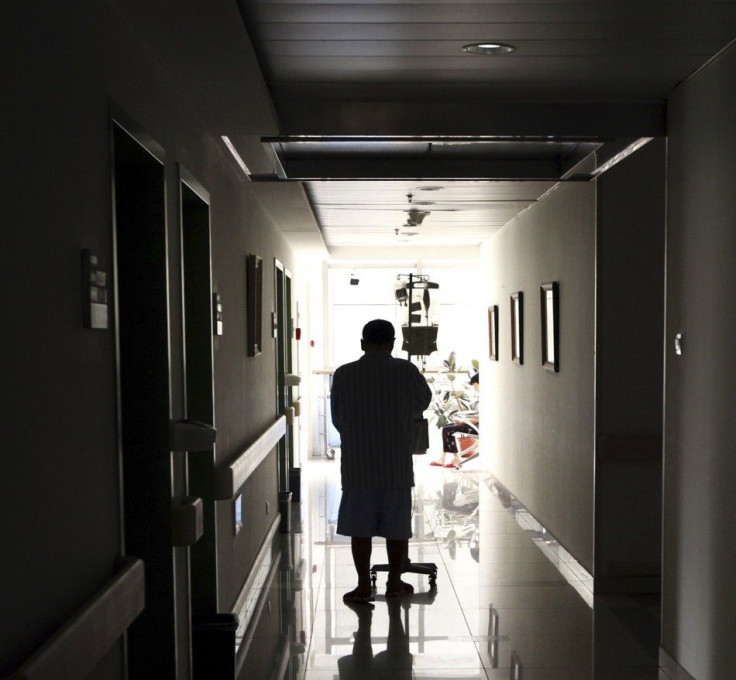Moody's Warns That Supreme Court Ruling Against Health Care Mandate Would Crush Hospitals

Hospitals would be crushed from the cost of caring for uninsured Americans if the Supreme Court overturns the health care reform mandate, which requires that most people obtain coverage, Moody's Investor Service said on Tuesday.
The credit rating agency issued a report warning that the Affordable Care Act, if left without the mandate -- the best feature for hospitals of the 2010 law, Moody's said -- would cause hospitals to foot expensive bills for uninsured visitors to the emergency room.
Further, hospitals could receive less money from insurance companies if they saddled are with a requirement to offer coverage to those with costly medical needs, without getting healthy new customers through the mandate, than they would if the mandate were to remain part of the legislation.
Requiring individuals to obtain insurance would reduce significantly the uncompensated care delivered by hospitals, and reduce expensive emergency room visits, said Moody's Senior Analyst Mark Pascaris, the report's author.
Without the mandate, the analyst said, hospitals will receive lower reimbursement from commercial insurers as these payers will be under intense pressure to offset the increase in premiums resulting from the absence of the individual mandate. In other words, a mandate that gets them paying customers allows the insurers to spread the costs of covering the sick among a broader population, including the healthy.
The Supreme Court will issue in late June its ruling on the constitutionality of the Affordable Care Act. The centerpiece of the decision will be the constitutionality of the individual mandate.
If that gets struck down, the justices could scrap the law entirely, uphold the rest of it or overturn popular provisions barring insurance companies from denying coverage based on preexisting conditions and charging more based on prior medical history.
This uncertainty -- in an already pressured operating environment --continues to drive our negative outlook on the sector, Pascaris said.
Regardless of how the justices decide the case, removing the mandate would make the negative features of reform loom much larger compared to the remaining positive elements, the Moody's report said.
© Copyright IBTimes 2025. All rights reserved.





















